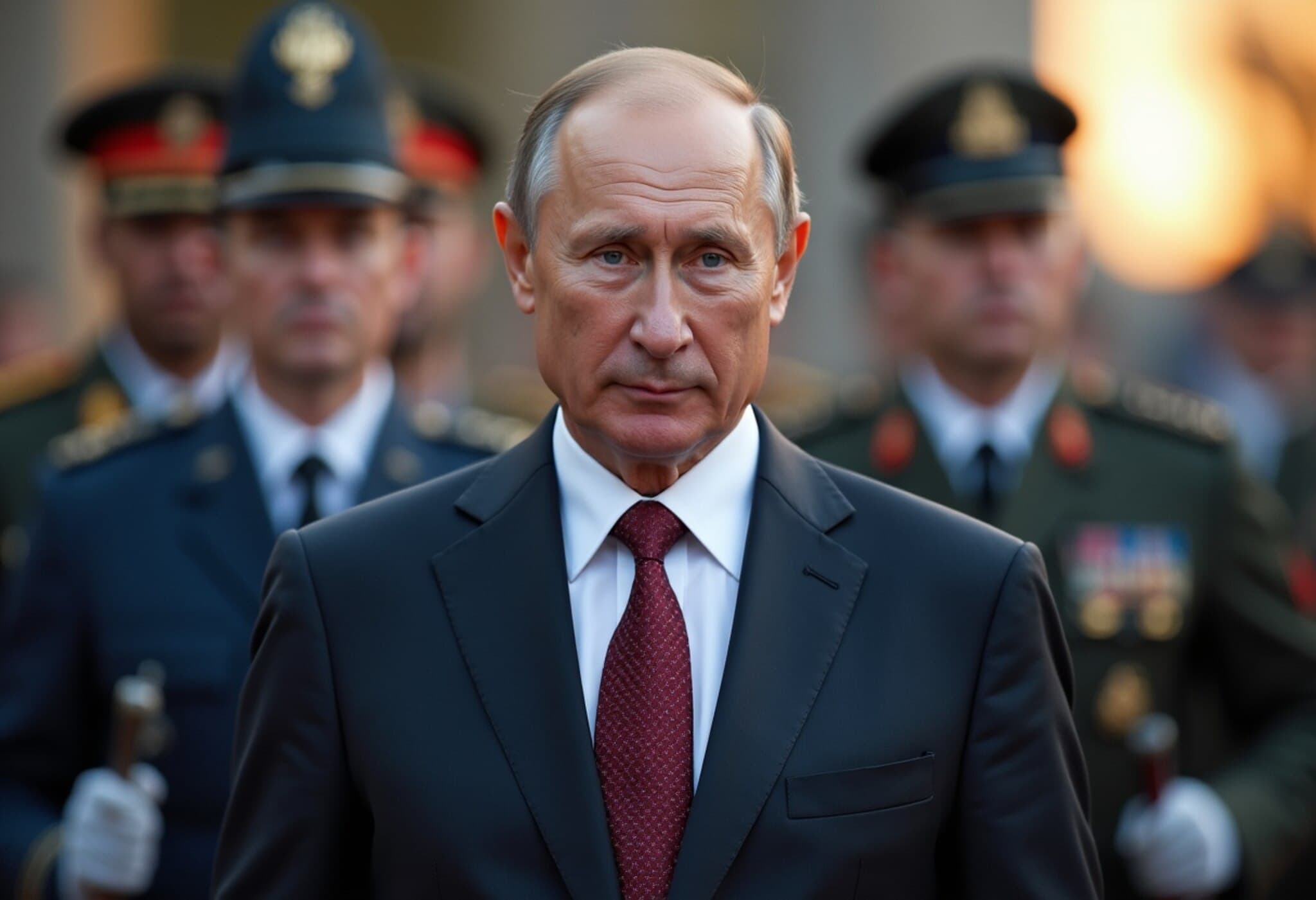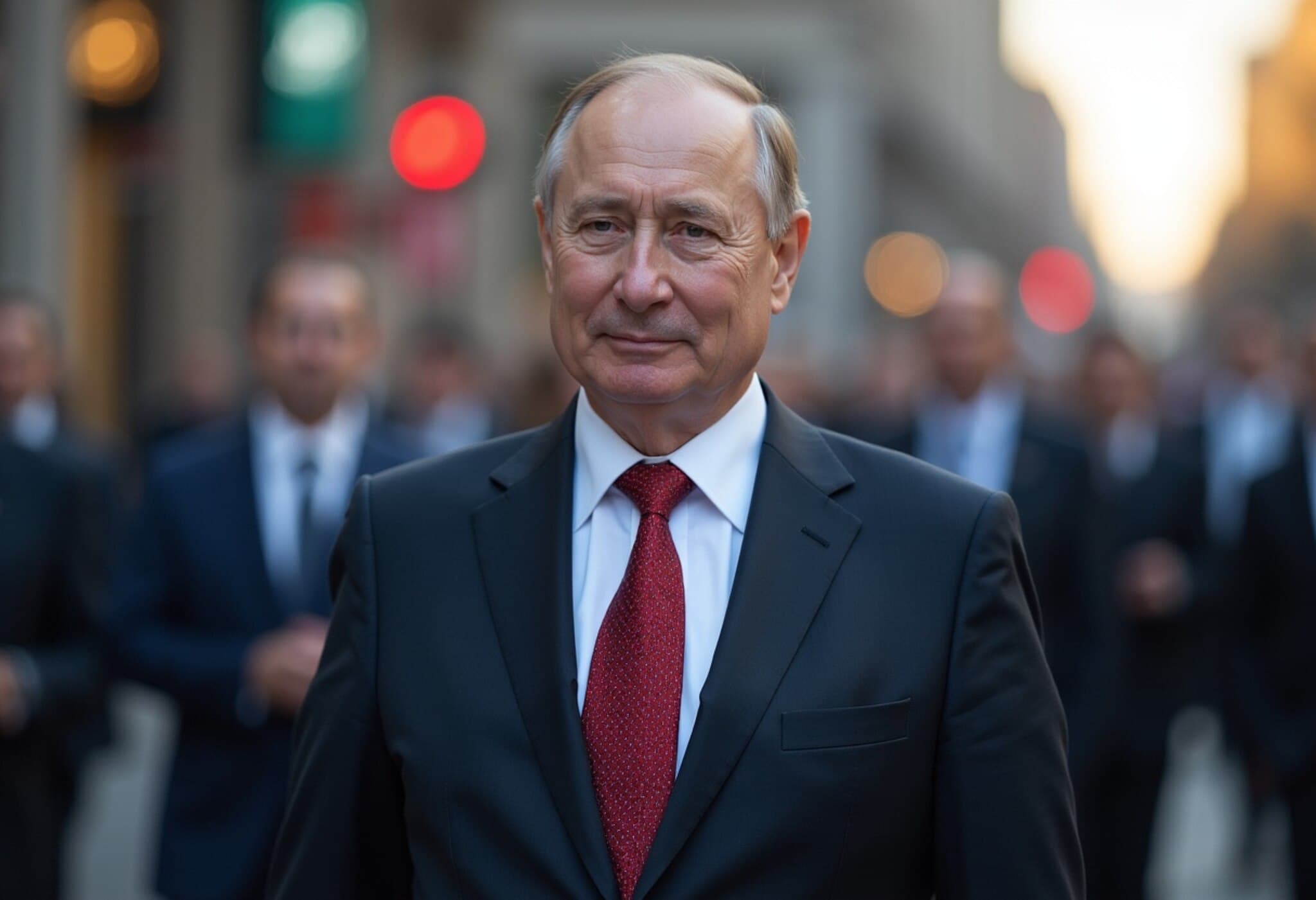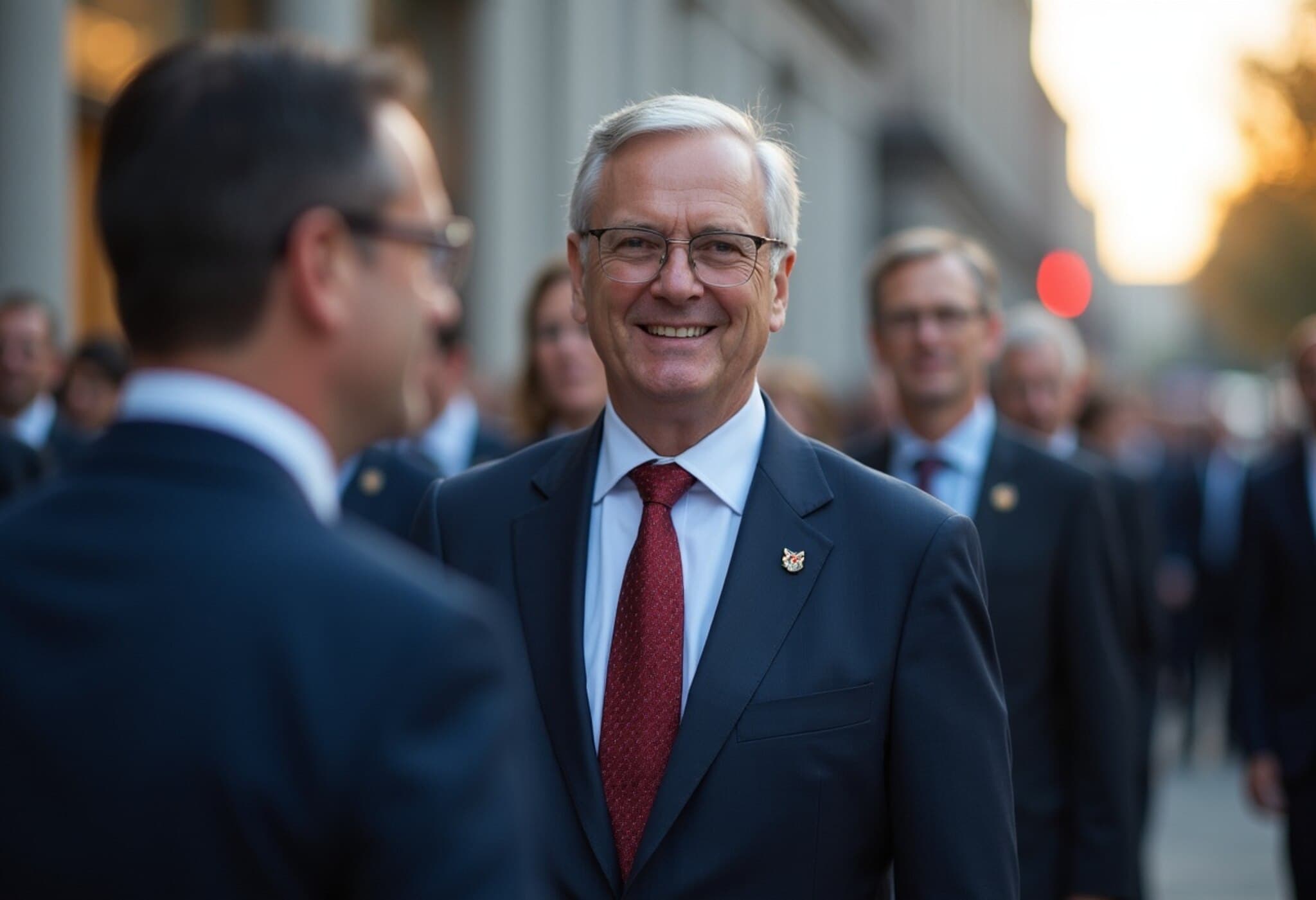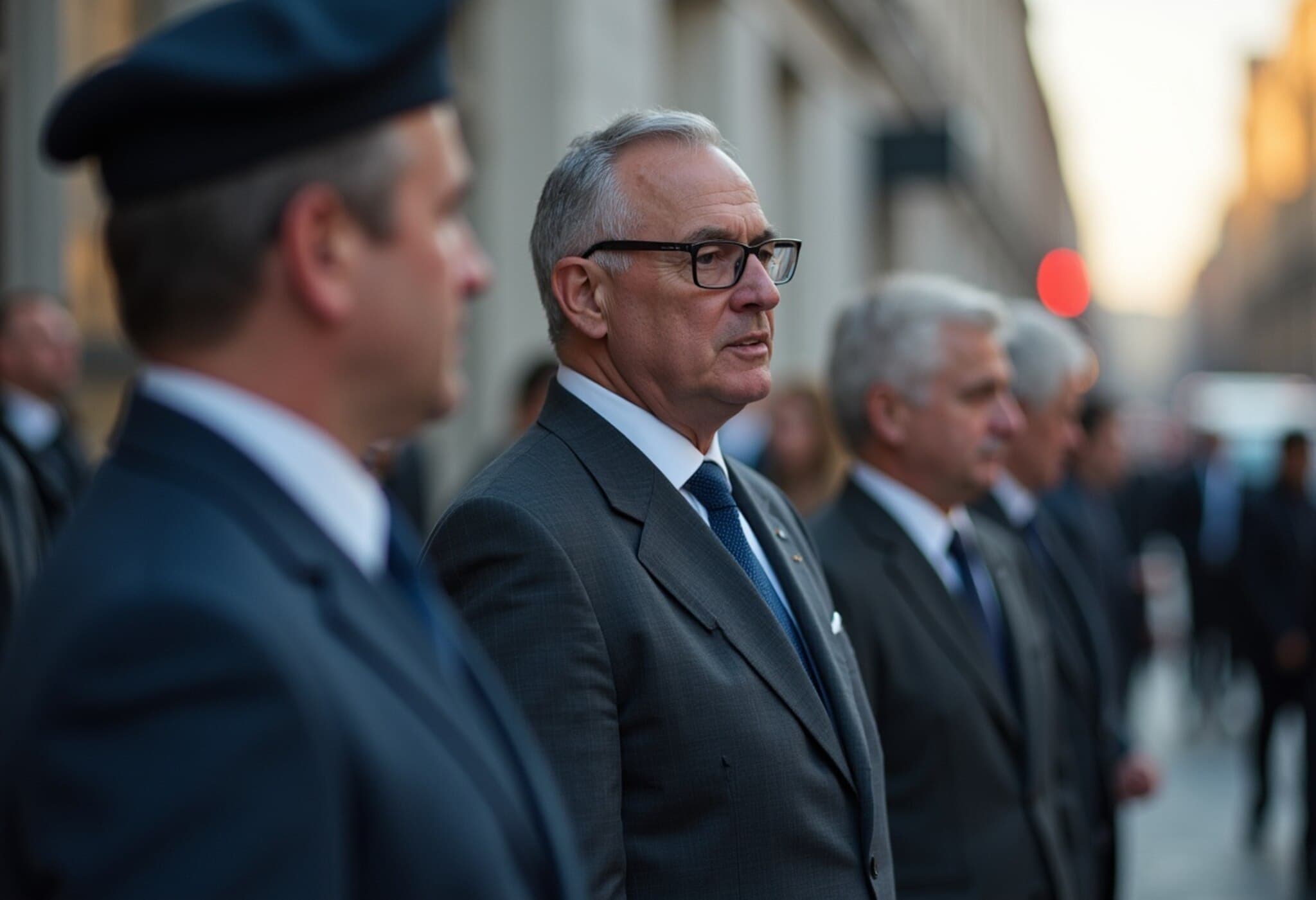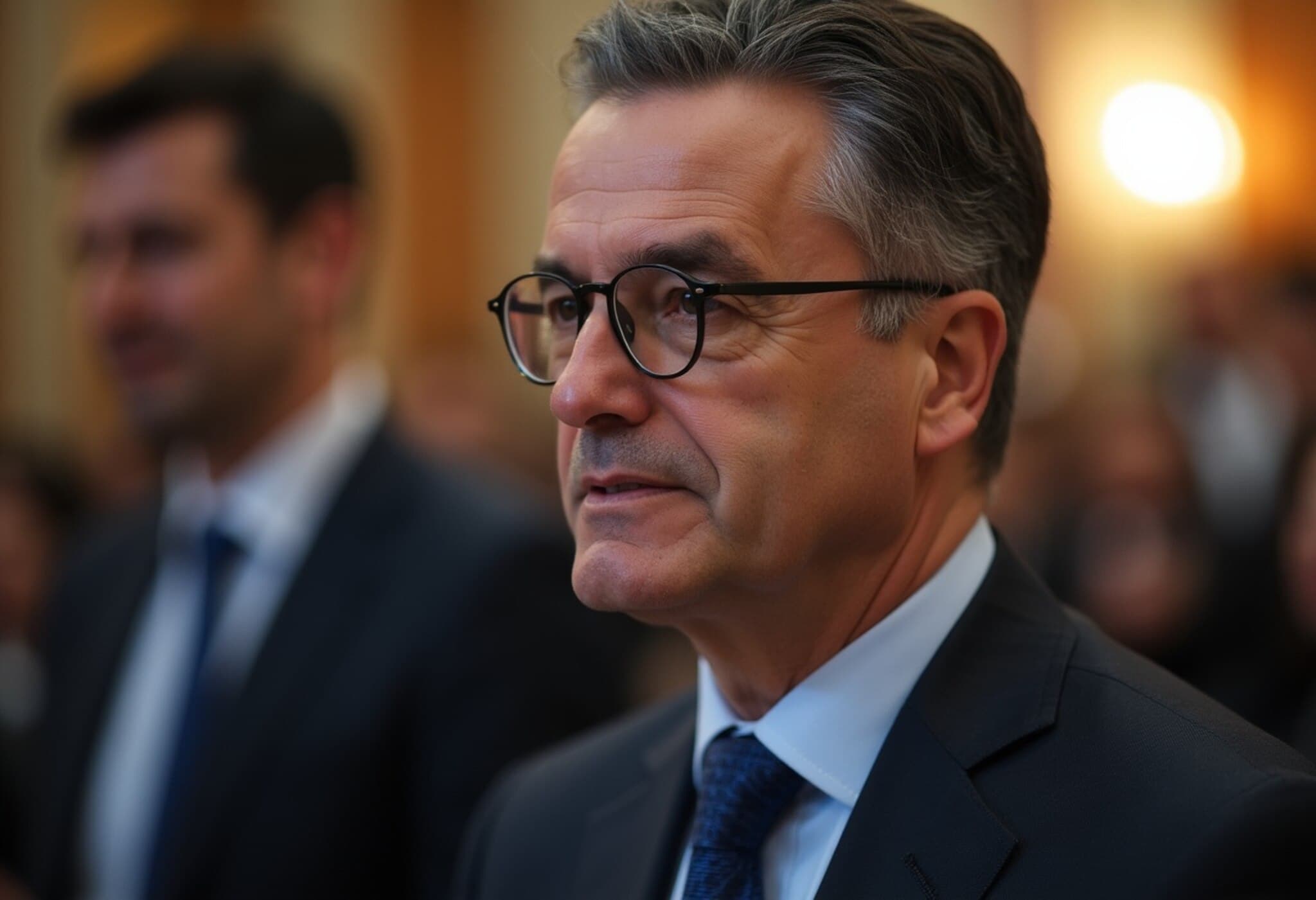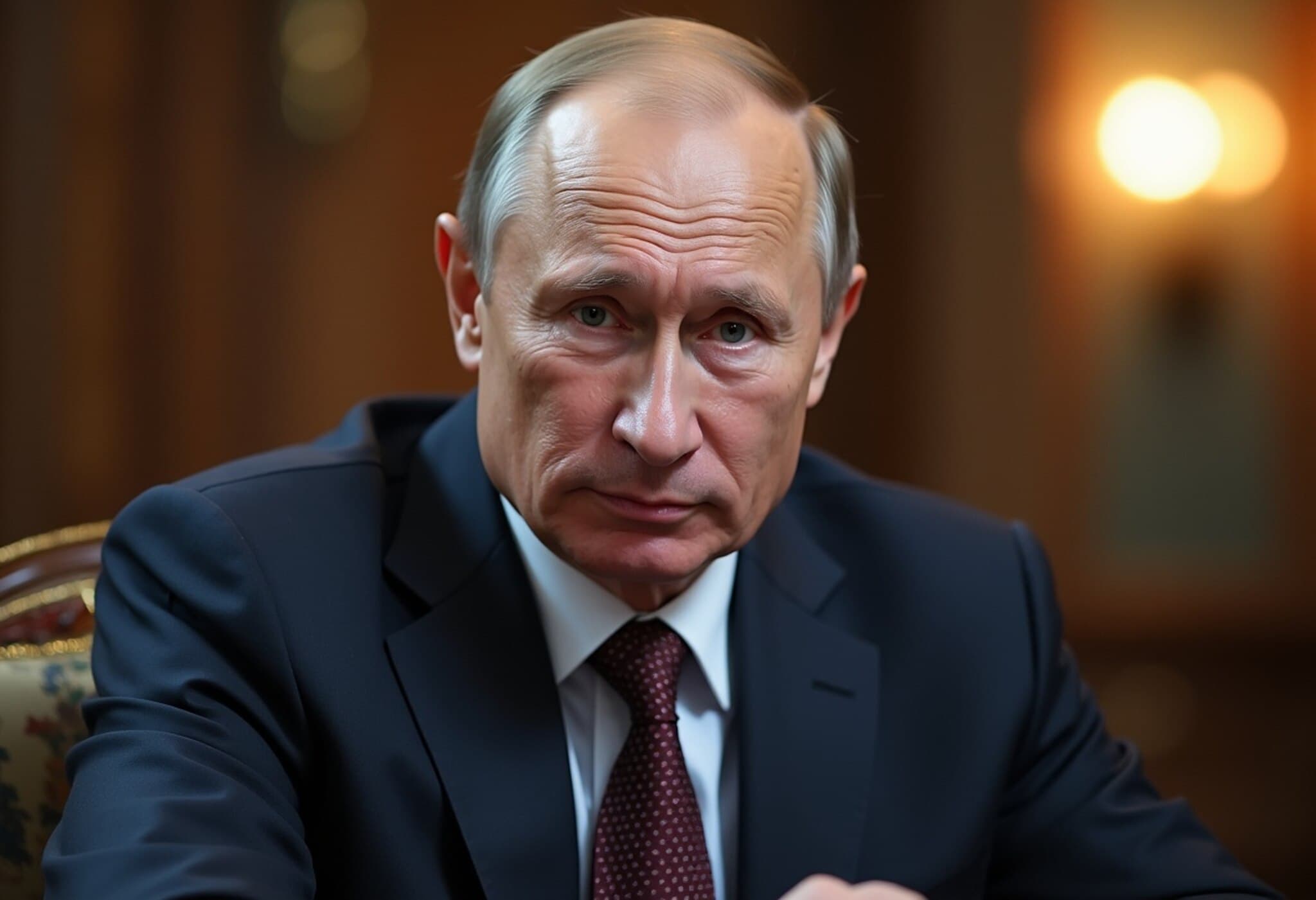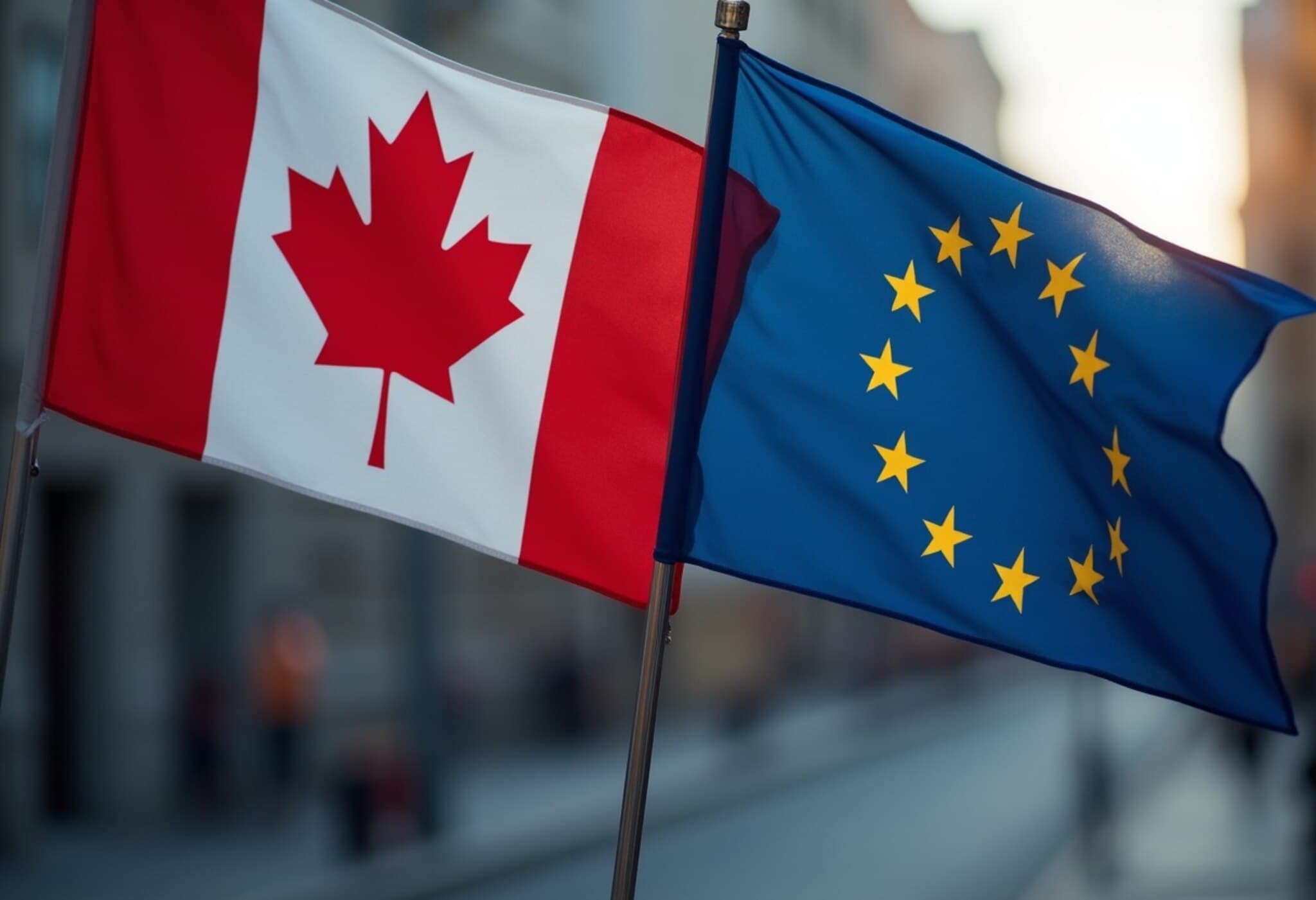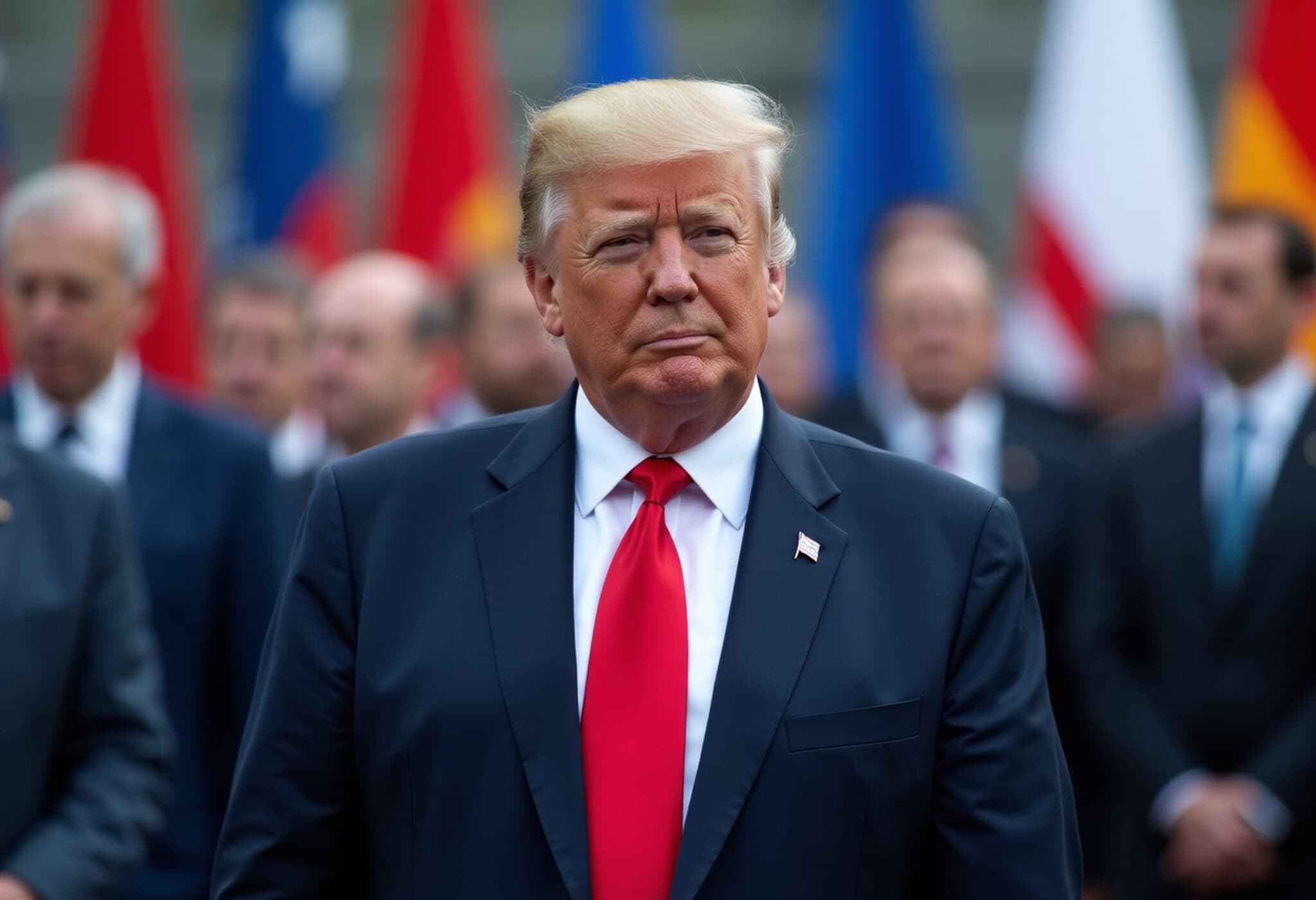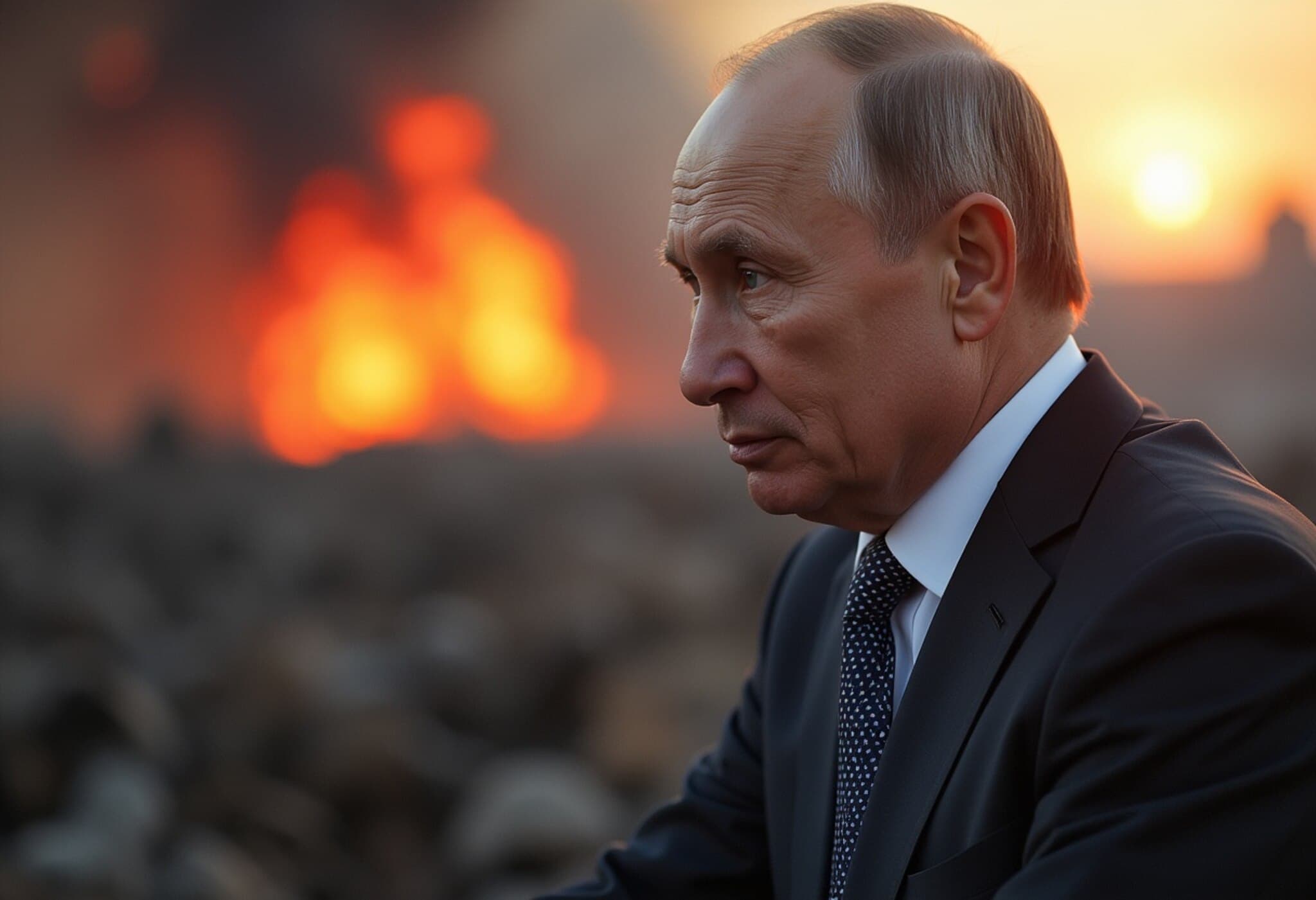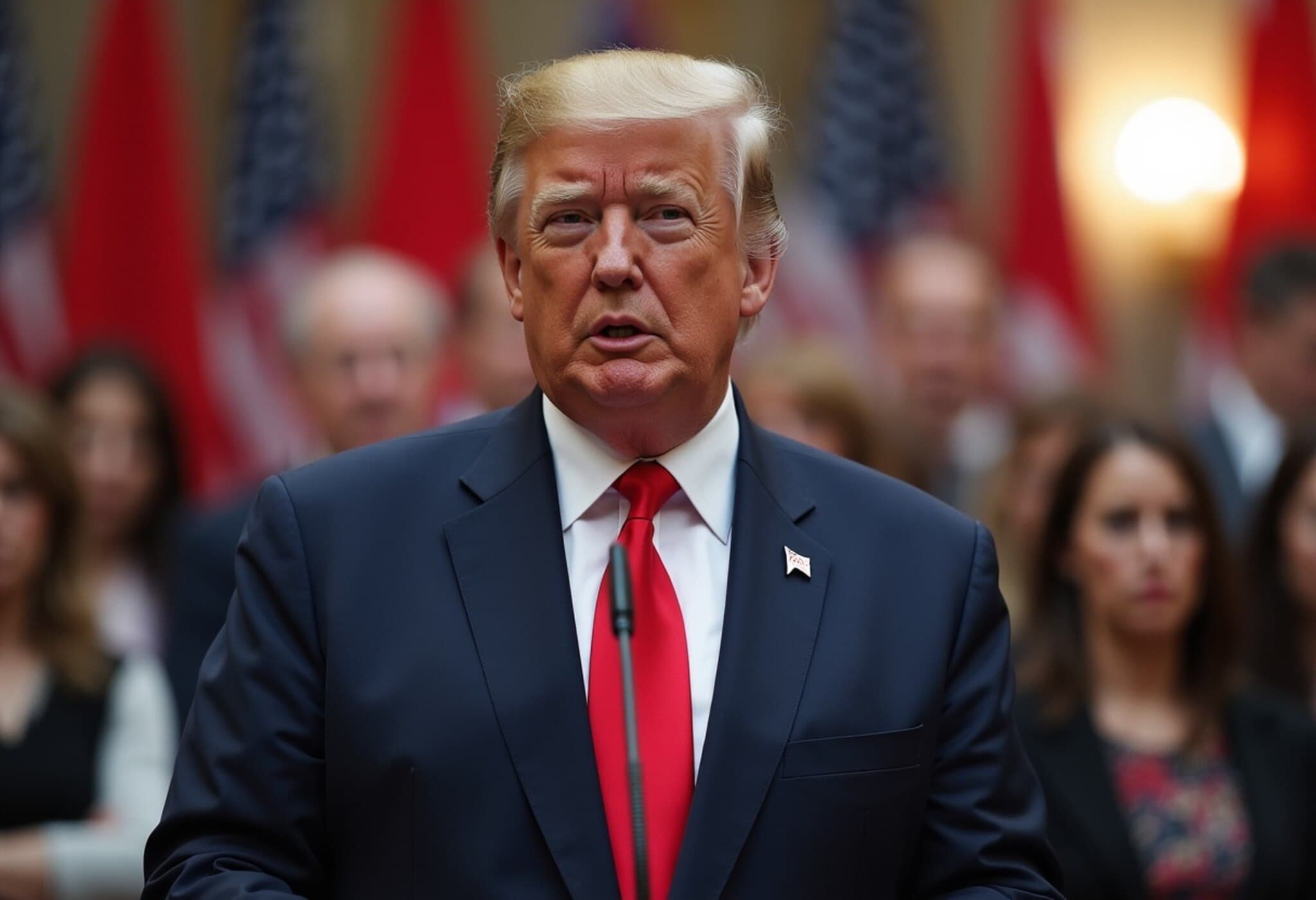Spain Pushes Back Against NATO’s Defence Spending Increase Proposal
Spanish Prime Minister Pedro Sánchez has firmly opposed NATO's proposed increase in defence spending targets from the current guideline of 2% of GDP to 5%. In a direct letter to NATO Secretary General Mark Rutte, Sánchez dismissed the move as “not only unreasonable but also counterproductive.”
Why Sánchez Is Opposed
According to sources close to the Spanish government, Sánchez argues that raising the defence spending target so drastically is unnecessary. He expressed confidence in Spain's current commitment to collective defence, maintaining that the country can meet all its NATO obligations without such steep spending hikes.
Moreover, Sánchez highlighted the potential consequences for the Spanish economy, cautioning that meeting a 5% GDP defence spending quota could force the government to consider tax increases, scale back public services, and postpone key environmental and green transition initiatives.
“We choose not to make those sacrifices,” Sánchez reportedly told Rutte.
Implications for NATO and Spain
Spain currently spends just 1.3% of its GDP on defence — the lowest proportion among all NATO members. While Madrid has pledged to raise this to around 2%, Sánchez’s letter signals clear hesitation to go beyond that.
This pushback comes ahead of the NATO summit in The Hague and could complicate efforts to secure unanimous agreement on increasing the defence spending commitment across all member states. Though Spain is not blocking other countries from adopting the target, a government insider noted that Madrid “can’t commit to it.”
A Delicate Balancing Act
- Economic Concerns: Higher military budgets could strain Spain's finances amid ongoing economic and social priorities.
- National Commitments: Balancing NATO obligations with domestic needs such as public services and green policies.
- Alliance Dynamics: Spain’s opposition may spark deeper negotiations among NATO countries on defence spending benchmarks.
As the NATO Defence Ministers meet to finalize the defence target, Spain's stance underscores how member countries vary significantly in their military expenditure capabilities and priorities.
Looking Ahead
With NATO eager to bolster collective security amid increasing global tensions, the debate over defence budgets is far from over. Spain’s cautionary approach reflects broader concerns across some European countries about the balance between military commitments and economic sustainability.
It remains to be seen how NATO will reconcile these differing viewpoints to chart a unified defence spending strategy.








